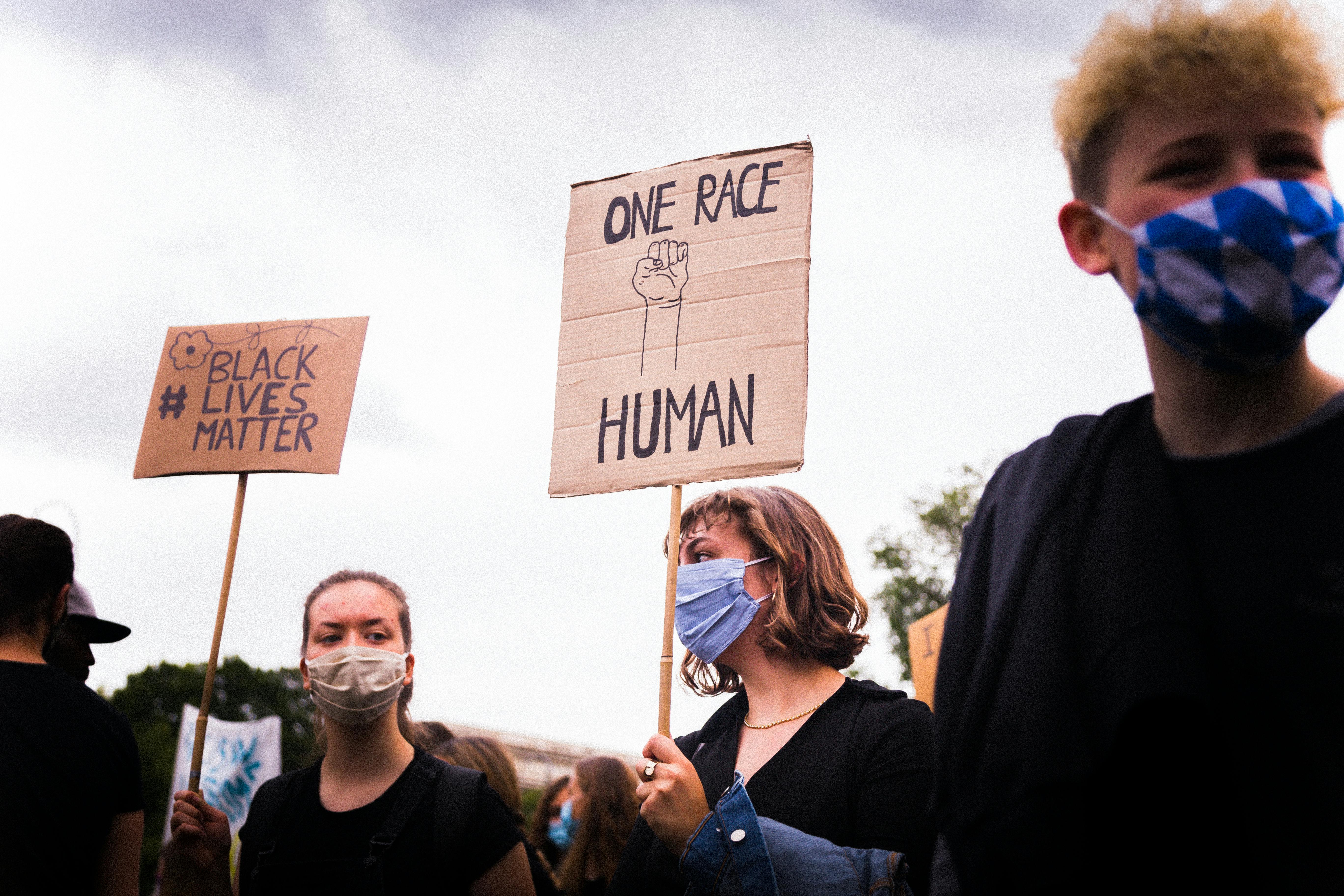
Where has common courtesy gone?
What happened to the concept of personal courtesy? I keep waiting for consideration to return, but I can’t hold my breath. The “human touch,” complete with decency, civility, and proper etiquette, seems to have faded. Often these cherished values have been replaced by isolation, unkindness, insensitivity, bad manners, and excuses.
As a behavioral health provider, I recently contacted a managed care organization to verify a patient’s billing information. Most MCOs now have a voice prompt menu to conveniently block the provider from contacting a live customer service agent. The automated menu responds with “Say your tax identification number.” I go ahead and provide the number. They repeat the number to me and then the machine asks me: “Is the tax identification number correct or incorrect?” I answer with “correct”. The message replies, “Sorry, I didn’t hear your tax identification number correctly. Please repeat.” I repeat the process and the prompts continue to prevent me from moving through the system. I finally hit the zero key on my phone, hoping to bypass the menu and get an agent, but the system won’t allow it. Through personal ingenuity, I finally find a way to contact a human agent. To my dismay, I am asked to repeat any information I provided in the prompts. I am then bound by a written client disclaimer script and then my call is put on hold. This cost-containment strategy is an example of the kind of incivility most Americans are exposed to in the process of trying to get their needs met.
There are other everyday examples of individual rudeness. For example, what about drivers who get too close and drive recklessly while using a cell phone? What about those who make mistakes and yet refuse to acknowledge their failures? People rarely say that they are sorry for hurting and offending others. What happened to a firm handshake and a smile during a presentation? What about gestures like sending greeting cards to friends, acknowledging family and friends’ birthdays and other special occasions, keeping in touch with loved ones, and learning to forgive yourself and others for being less than perfect?
Have you ever waited endlessly in a restaurant for a friend to show up? When they arrive, do they offer a barrage of excuses for being late? Promptness requires planning and consideration for the feelings of others. Promptness shows our family and friends the degree to which we appreciate our relationships.
It seems that the Americans are in a hurry. I’m not sure where people are going, but the speed and volume of life has increased. The frenetic pace of life causes people to become insensitive to others. How many times do people in their rush to get somewhere fail to open a door for others? How many times have drivers prohibited you from changing lanes when they are fully aware that you are signaling to enter? How many people are inconsiderate by canceling appointments without giving service providers 24 hours notice? How many children show a selfish sense of entitlement, without a sense of gratitude for what they have been given?
Demonstrating etiquette or good manners seems to have been lost in our current way of life. Little gestures like saying “thank you,” showing kindness to others (especially those with special needs), and displaying good manners need to be resurrected. Is Simon’s behavior on American Idol a metaphor for the callousness of our culture? Some of us dismiss it as the consequences of competing. Perhaps we have become desensitized to the proper way to provide constructive criticism. Putting others down seems to get all of our attention. Simon crossed the line a long time ago, but most people don’t care because his behavior sells.
We need the kind of civility that requires us to think more about the needs of others than about our own wants. That may mean taking on volunteer service, going out of your way to help friends and family, and supporting those grieving significant losses. Our care and concern for others should not be conditional. You cannot depend on the responses of others to our actions. We need to learn to show care and concern for others because it is the right thing to do, not necessarily because others appreciate our efforts. We act with kindness because it is part of our character, not because we assume that others will appreciate our efforts. We do it anyway, even if our efforts are not always appreciated.
As a society, we need to get back to the basics of kindness, etiquette, sensitivity, and consideration for others. Many of us feel isolated due to a lack of connection. In this impersonal world, we all must strive to make ourselves feel more like a global family. We can achieve this by showing the human touch instead of the unresponsive, automated responses characteristic of our current culture.